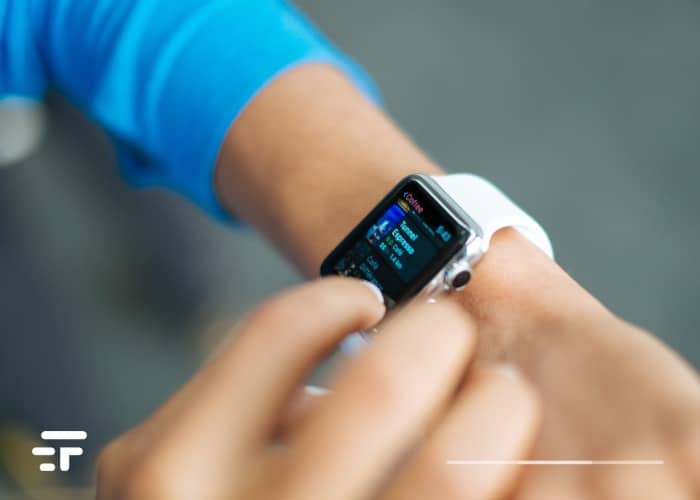One of the most interesting aspects of technological innovation is the speed with which the most "futuristic" innovations enter the daily lives of all of us: after a research phase and the launch on the market, in fact, their adoption by users occurs in an increasingly simpler and quicker way. There are more and more devices and technologies that allow you to carry out the most disparate activities in an optimized and, undoubtedly, more "captivating" way: in this article, three of the most relevant innovations of recent times are explored in depth, from artificial intelligence to streaming to the Internet of Things.

Smart devices: the arrival of artificial intelligence and its main uses
Artificial intelligence (also known as "AI", due to its initials in Italian, or "AI", due to the English initials of "artificial intelligence") is one of the great innovations from a technological point of view that most fascinates users from all over the world: it is in fact a discipline relating to the world of information technology that allows devices such as computers, smartphones and other hardware tools to carry out activities in an increasingly similar to what the human brain would process, thanks to the interpretation of data and algorithms in a sophisticated way. Among the most incredible applications of artificial intelligence is that used for self-driving cars, among which the experiments of Tesla and Google stand out, but also the use of AI in the medical field for diagnosis and prevention thanks to intelligent robots . This dynamic is also common to several everyday objects, such as specific intelligent voice assistants to manage objects connected at home, such as the Alexa voice assistant developed by Amazon.
Streaming applied to everyday life: from Netflix to entertainment
Among the most frequently used innovations in everyday life it is also possible to list that of streaming: a digital technology that allows data to be transmitted in real time from a source to all the devices connected to it, effectively eliminating the need to own physical or digital copies of the affected products. The applications of streaming, especially as regards the entertainment sector, are many: here we go from platforms specialized in the reproduction of video content, such as Netflix or, for independent and niche films, Mubi, to those dedicated to digital entertainment. In fact, more and more often online platforms are able to offer users games just like those that can be played live, as happens for example with online roulette. Finally, one of the most widespread uses of online streaming is that carried out by platforms intended for audio file playback: yes ranges from playing music tracks and podcasts, as in the case of Spotify or Deezer, to services specialized in offering listeners audiobooks such as Audible and Storytel.
The Internet of Things and its advantages: from wearable devices to home automation
As already mentioned at the beginning of the article, artificial intelligence is the basis of one of the most recent innovations in the field of technology applied to everyday life: this is the Internet of Things, in Italian known as the Internet of things, a concept introduced in 1999 by engineer Kevin Ashton and nowadays increasingly relevant, given the ever-increasing quantity of devices that can be connected in a “smart” way. Thanks to the Internet of Things it is in fact possible to take advantage of devices connected to each other that have smart functions: in some cases yes it also deals with wearable devices such as smartwatches made by Apple and other companies such as Garmin and Fitbit. The advantage of this technology is the possibility of having data in real time and being able to remotely carry out activities that were once relegated to the sole "live" dimension, such as starting a washing machine or turning on the lights in the house. The Internet of Things finds application in various domains: from robotics to video surveillance, from health to agriculture, without neglecting home automation and the increasingly massive use made of it for the creation of smart cities.

Technology and its progress are constantly at the service of human beings: whether it is home automation or streaming platforms, in fact, the user and his well-being are always at the center of science's attention.


